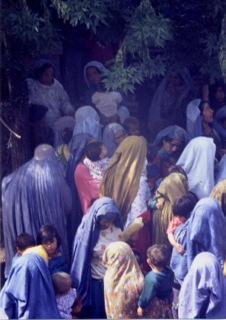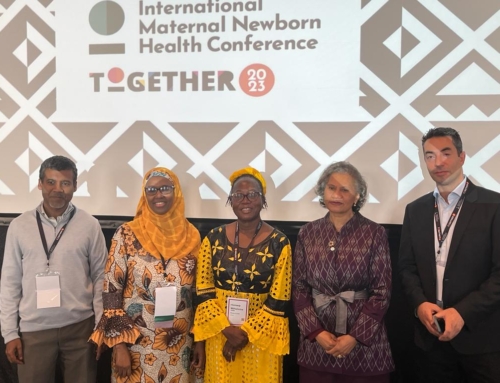Rachel Arnold is a nurse and midwife undertaking a doctoral study at Bournemouth University. At the recent GLOW Conference, hosted by Ammalife in partnership with the University of Birmingham, Rachel presented a moving account of her work in Afghanistan. We asked Rachel to tell us more:
Rachel, why did you do this research? “I had worked in Afghanistan for some years but I was often puzzled by the behaviour of doctors and midwives. There seemed to be a disconnect between their professional training and the care that women received. I sensed a lack of engagement, but I didn’t understand it or know how to help. This was the motivation for my PhD study.”
So, what did you do? “I carried out a qualitative study in a maternity hospital in Kabul, Afghanistan. I spent six weeks observing the various hospital areas. I listened, watched, asked questions, chatted to the staff and got involved in care. Following this, I carried out in depth interviews with the doctors, midwives and care assistants. I was particularly interested in their perspectives and thoughts… What it was like to work there? What were their views of care within the hospital? What were their priorities, values and ideas? The reduction of maternal and neonatal mortality was dependent on these staff, so I wanted to understand the factors that affected their ability to care.”
What did you find? “I found that the staff were working under extreme pressures. They worked for very long hours with high patient numbers and complicated cases. They were expected to fulfil family obligations through salary payments and by caring for relatives coming into hospital. Throughout both the hospital and Afghan society more widely, power was determined by connections… Staff without contacts to powerful people were particularly vulnerable, less likely to receive training or support. With no professional insurance, they feared the consequences of a patient dying in their care. They also talked of their desire to be valued and respected.”
Please tell us what you learnt and what we can learn from the study? “I learnt that – although I had worked within the health care system for many years – I had not understood the people I was working with. I had made assumptions about their priorities and motivations and how to improve the quality of care. I learnt that if we want to support health care providers we need to take time to listen to them. And if we want to influence their behaviour we need to look beyond the hospital walls to understand the societies in which they live and the motivations and pressures that drive and control them.”
Notes: Rachel’s work is supervised by Professors Immy Holloway and Edwin van Teijlingen and Associate Professor Kath Ryan (La Trobe University, Australia). In Afghanistan, the study was facilitated by the Ministry of Public Health and Health Protection and Research Organisation (HPRO). An Afghan colleague Shahazad Ackbar facilitated two of the community focus group discussions. Mrs Geeti Shirzad translated. Our photograph is reproduced with copyright acknowledgements to Rachel.








Leave A Comment